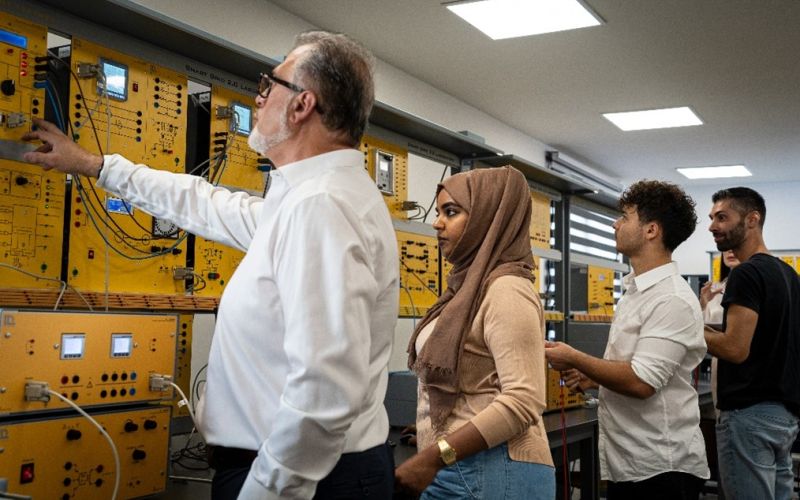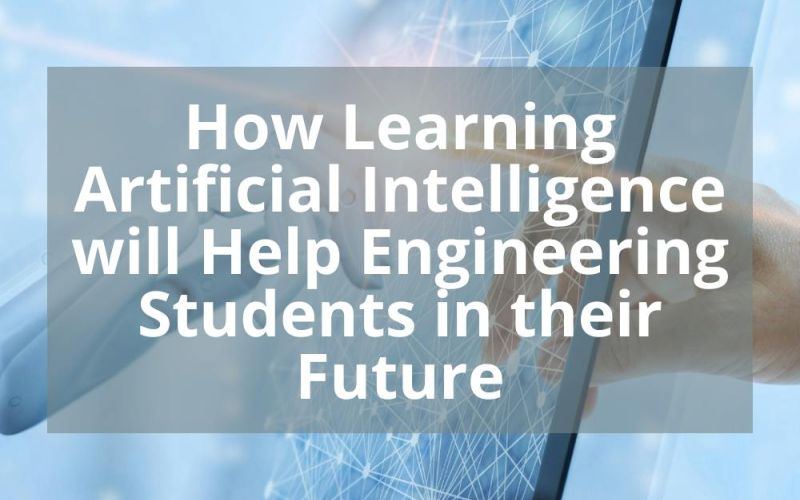
HOW ENGINEERING E-LEARNING CAN ENHANCE YOUR HANDS-ON TRAINING LAB?
In today’s digital age, education has transformed significantly, making it more accessible and convenient for students.
This is particularly true in the field of engineering, where hands-on training is crucial for developing practical skills.
However, with the advent of e-learning and virtual reality technologies, engineering education has taken a giant leap forward, complementing traditional training labs in a way that was previously unimaginable.
De Lorenzo‘s product category, SOFTWARE AND E-LEARNING, offers a range of innovative solutions that bring the laboratory experience to students, regardless of their location. This line of e-learning software and smart simulators is designed to extend the power of practical training, making it suitable for e-learning, hybrid learning, and classroom-based learning.
One of the main advantages of integrating e-learning into hands-on training labs is the ability for each student to work individually on hands-on activities.
With virtual reality environments and interactive simulations, students can perform a variety of experiments, practice procedures, and solve real-world engineering problems without having to share equipment with other classmates.
This not only enhances the learning experience but also allows students to progress at their own pace.
Furthermore, the virtual reality e-learning solutions offered by De Lorenzo‘s SMART simulators are not just interactive platforms but also monitor students’ progress. By automatically verifying whether the proposed tasks are completed successfully, these smart solutions provide instant feedback to students, ensuring that they grasp the concepts effectively. This also reduces the burden on professors, as the asynchronous learning process is managed seamlessly, saving them valuable time.
The benefits of e-learning in engineering education go beyond convenience and flexibility. By incorporating virtual reality simulations, students gain practical experience in a controlled and safe environment. This allows them to make mistakes, learn from them, and refine their skills before stepping into a real-world laboratory, where there may be limited resources and higher stakes. As a result, students are better equipped to handle complex engineering challenges, making them more valuable for future employers.
Moreover, the new Software and E-learning tools provided by De Lorenzo offer an Education 4.0 solution for technical practical training.
The integration of technology in the traditional hands-on training labs ensures that engineering education keeps up with the rapid advancements in the industry. This not only attracts aspiring engineers but also helps institutions optimize their laboratory resources more effectively.
In conclusion, engineering e-learning has emerged as a powerful complement to hands-on training labs. De Lorenzo‘s SOFTWARE AND E-LEARNING product category provides students with the opportunity to experience practical training anywhere, anytime, while also offering valuable feedback and progress monitoring. By embracing these technological advancements, engineering education can not only enhance the learning experience but also foster the development of highly skilled engineers ready to tackle the challenges of the modern world.



